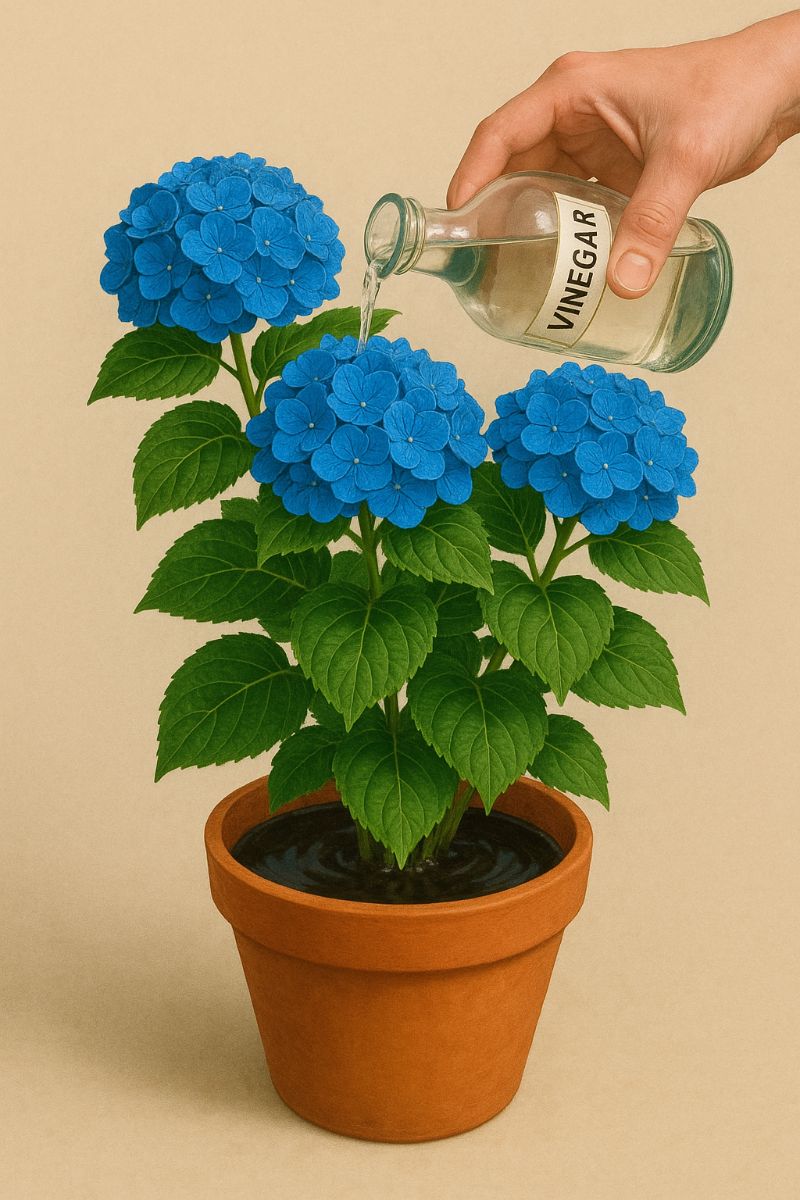4. Eggshells as Natural Fertilizer
Eggshells are a fantastic source of calcium, which is essential for plant growth. They can help prevent blossom end rot in tomatoes and peppers, a condition caused by calcium deficiency.
To use eggshells in your garden, rinse them thoroughly and allow them to dry. Crush them into small pieces or grind them into a powder, then sprinkle them around the base of your plants or mix them into the soil. This will slowly release calcium as they decompose, benefiting your plants over time.
5. Banana Peels for Rose Health
Banana peels are rich in potassium, an essential nutrient for plant growth and flower development. Roses, in particular, benefit from the nutrients found in banana peels.
To use banana peels, simply chop them into small pieces and bury them around the base of your rose bushes. As they decompose, they will release potassium and other nutrients into the soil, promoting healthier and more vibrant blooms. Alternatively, you can blend banana peels with water to create a nutrient-rich slurry that can be poured around your plants.
6. Epsom Salt for Greener Leaves
Epsom salt, or magnesium sulfate, is a popular garden hack for promoting greener leaves and healthier plants. Magnesium is a crucial component of chlorophyll, the compound that gives plants their green color and is vital for photosynthesis.
To use Epsom salt, dissolve one tablespoon in a gallon of water and apply it to your plants once a month. This can be done as a foliar spray or as a soil drench. Epsom salt is particularly beneficial for tomatoes, peppers, and roses, helping to improve their overall health and vigor.
7. Companion Planting for Pest Control
Companion planting is a natural method of pest control that involves growing certain plants together to repel pests and improve growth. For example, planting marigolds alongside tomatoes can deter nematodes, while basil planted near peppers can repel aphids and spider mites.
Research which plants work well together and plan your garden layout accordingly. Not only does companion planting help with pest control, but it can also enhance flavor and yield, making it a win-win for any gardener.
8. DIY Composting for Rich Soil
Composting is an excellent way to recycle kitchen scraps and yard waste into nutrient-rich soil for your garden. A simple compost pile can be started with a mix of green materials (like fruit and vegetable scraps) and brown materials (like leaves and twigs).
To create a balanced compost, aim for a ratio of roughly 3 parts brown to 1 part green. Turn your compost pile regularly to aerate it and speed up the decomposition process. Over time, you’ll have a rich, dark compost that can be mixed into your garden beds to improve soil structure and fertility.
see next page
ADVERTISEMENT
ADVERTISEMENT

